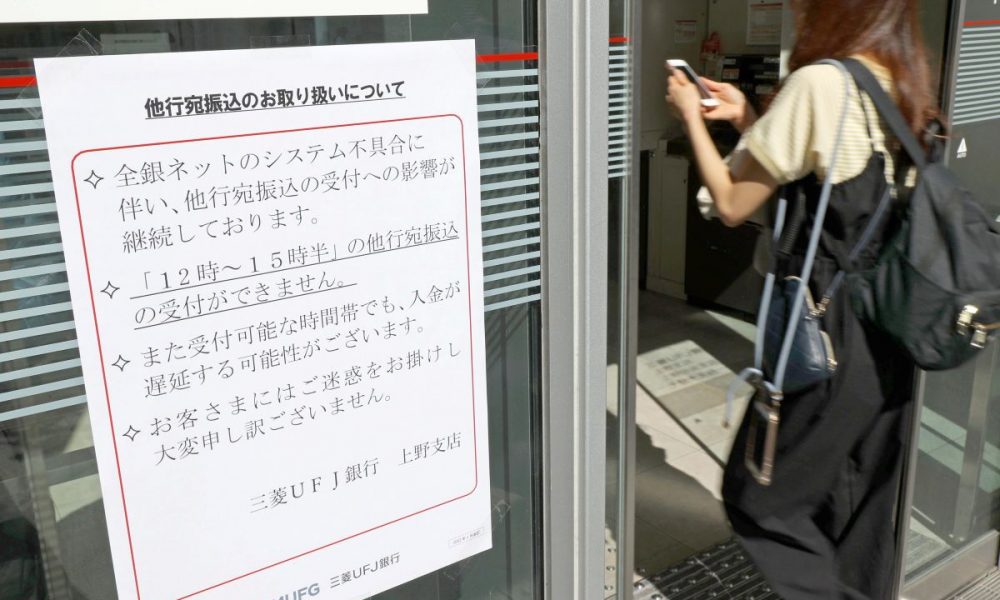
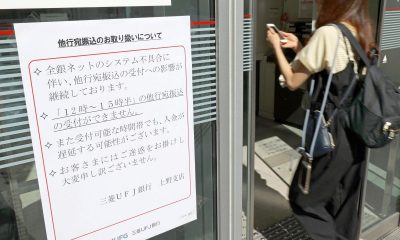

Millions of transactions between Japanese banking institutions were disrupted. Zengin-Net and the banks must promptly assess losses and make customers whole.
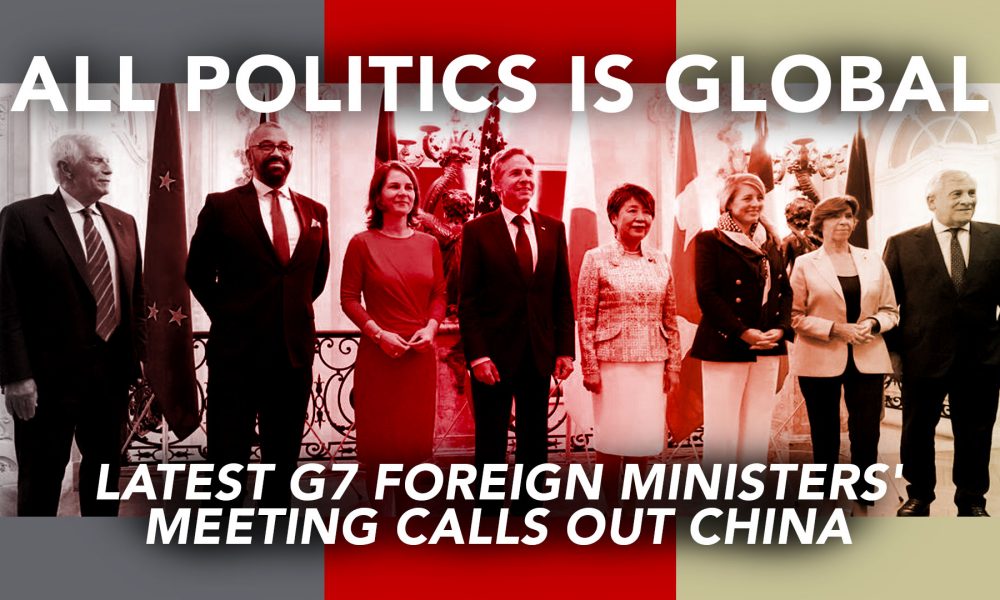
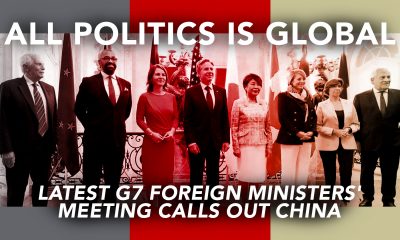

The G7, representing around 40% of the world's GDP, could be the most effective challenger to China's hegemony on multiple issues, including economic coercion.
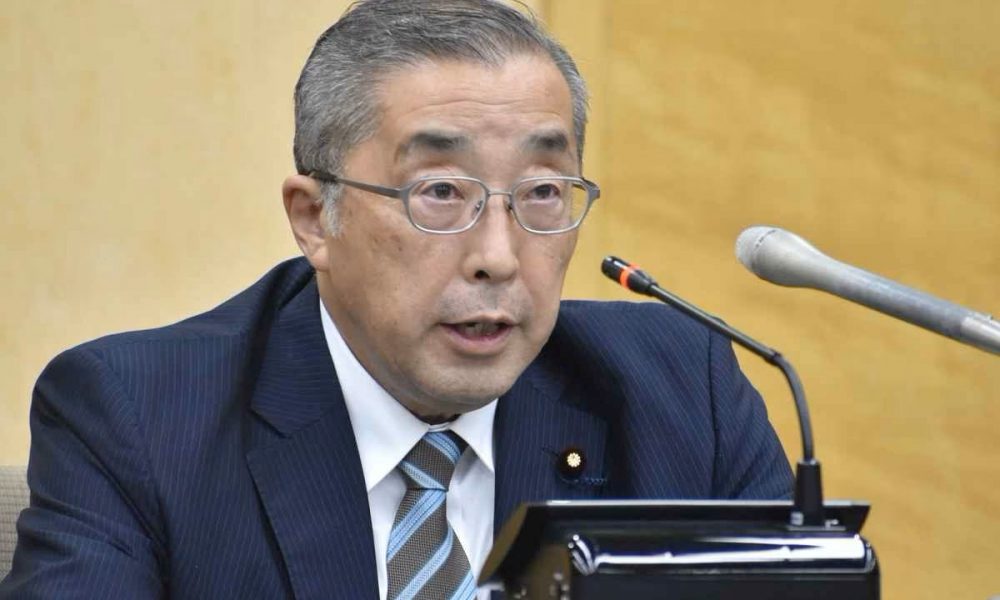
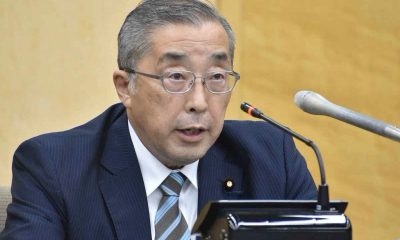

While the NTT Law is outdated, there are concerns that abolishing the government's shareholding provision under it could lead to a takeover by foreign capital.
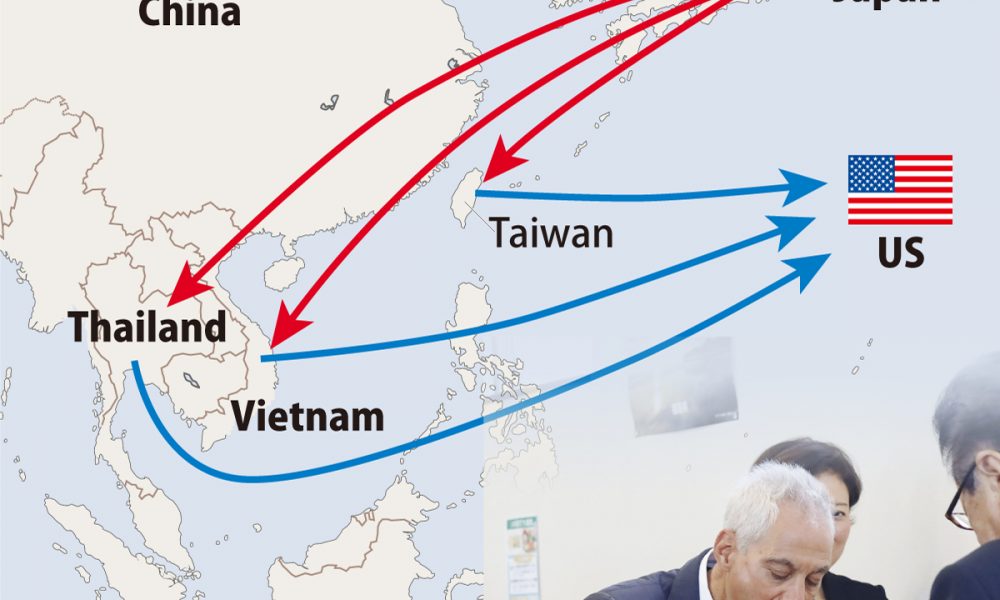
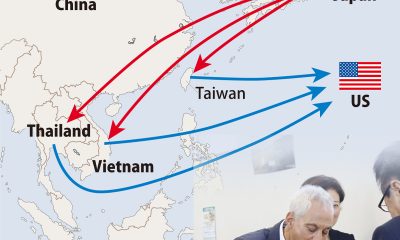

The US and Japan hope to maintain trade in high-value scallops and other products by processing seafood exports in Vietnam, Thailand, and Taiwan.
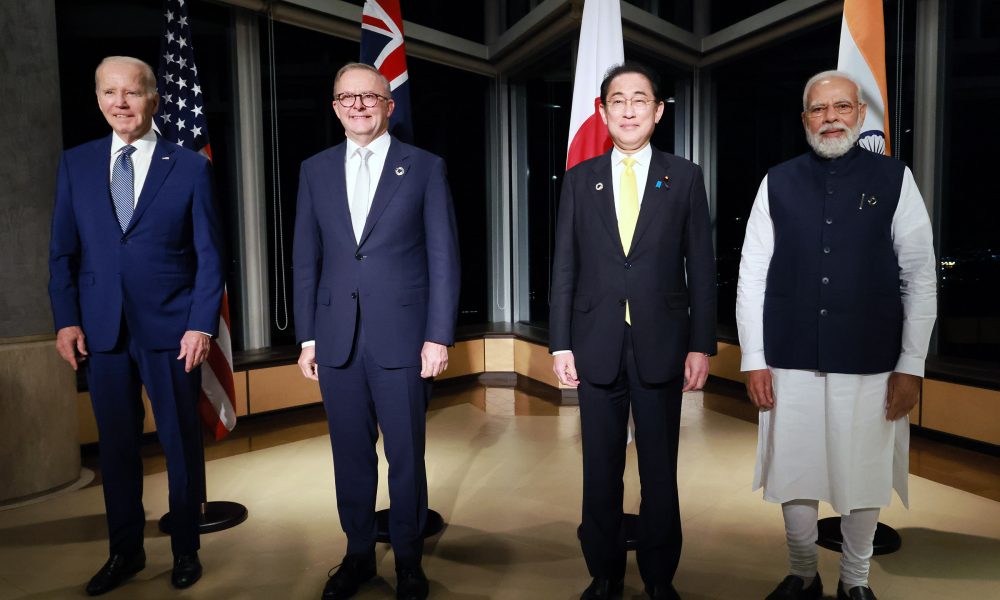
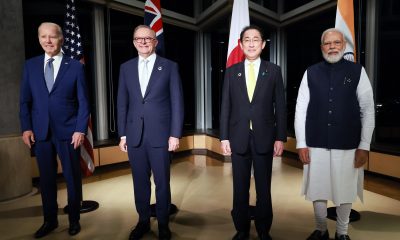

Since 2016, Japan has turned the Free and Open Indo-Pacific from a mere concept to a working framework of engagement with its neighbors. Now, more countries...
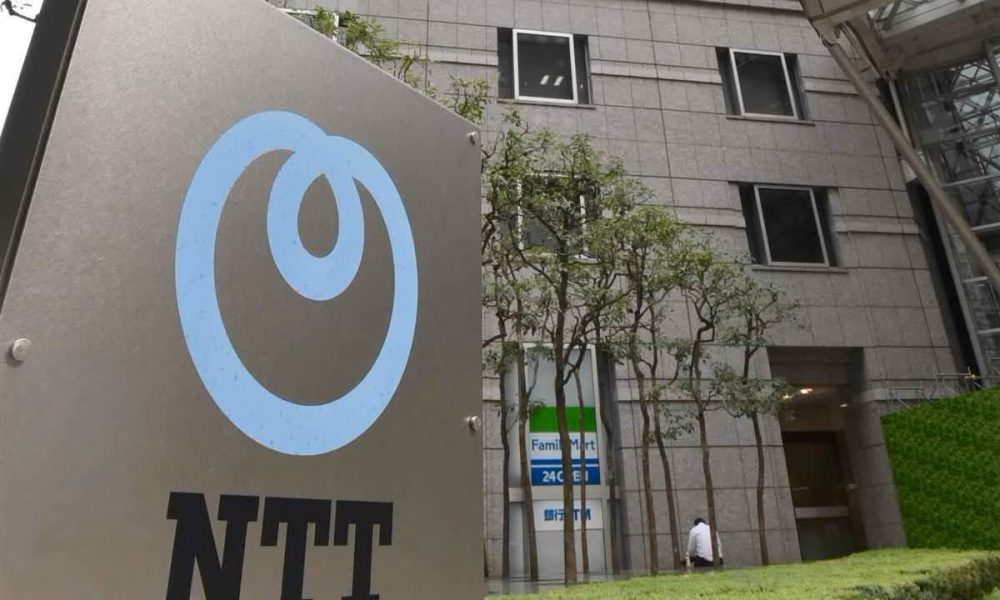
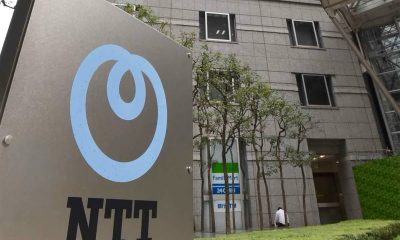

Such a move would require changing the NTT law. A new committee is weighing the pros, cons, and options, including implications for economic security.
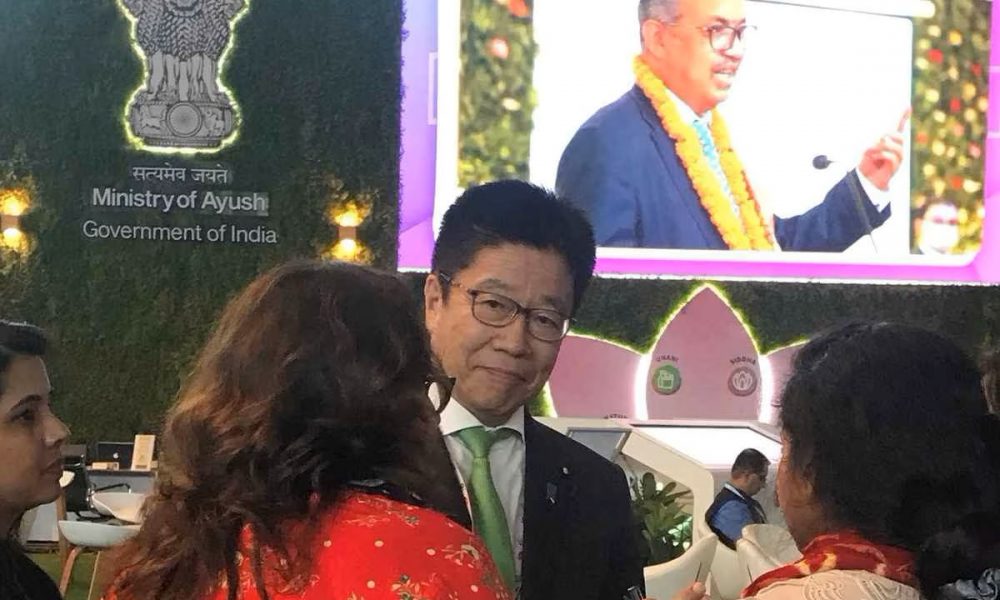
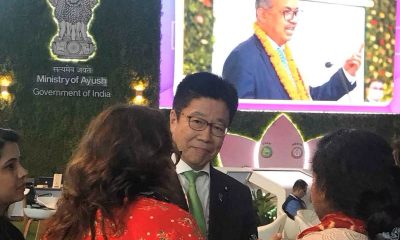

Risks of pharmaceutical supply chain disruptions from another pandemic or a Taiwan contingency are a growing concern, according to Minister Katsunobu Kato.
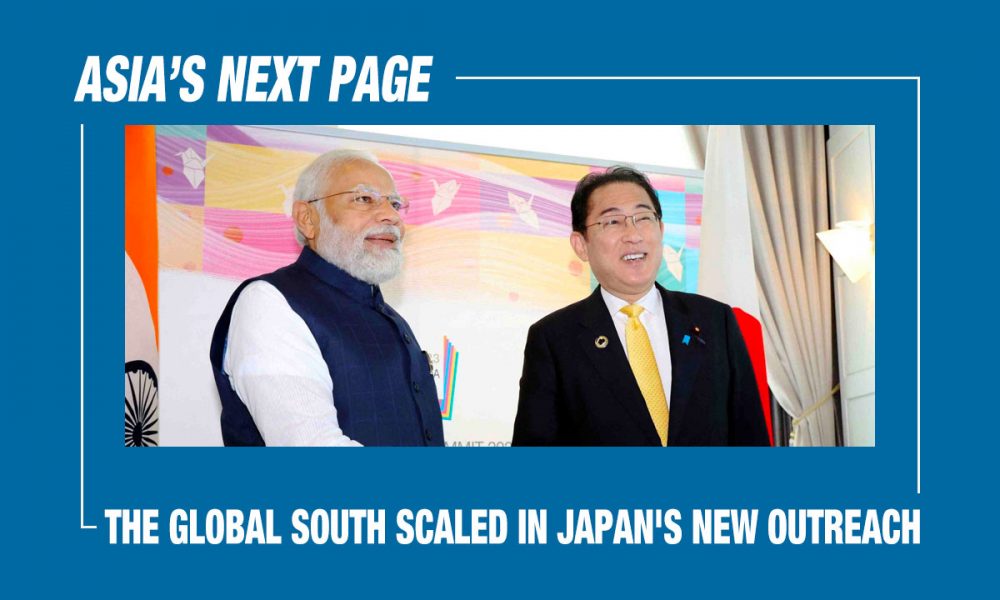
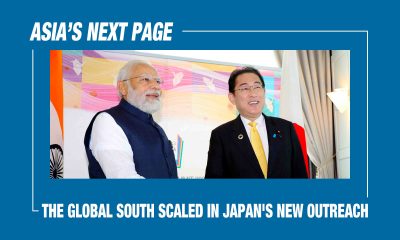

A deeper connection with the Global South is imperative for Japan, the author argues, to help counter the dependence on China and Russia for economic security.
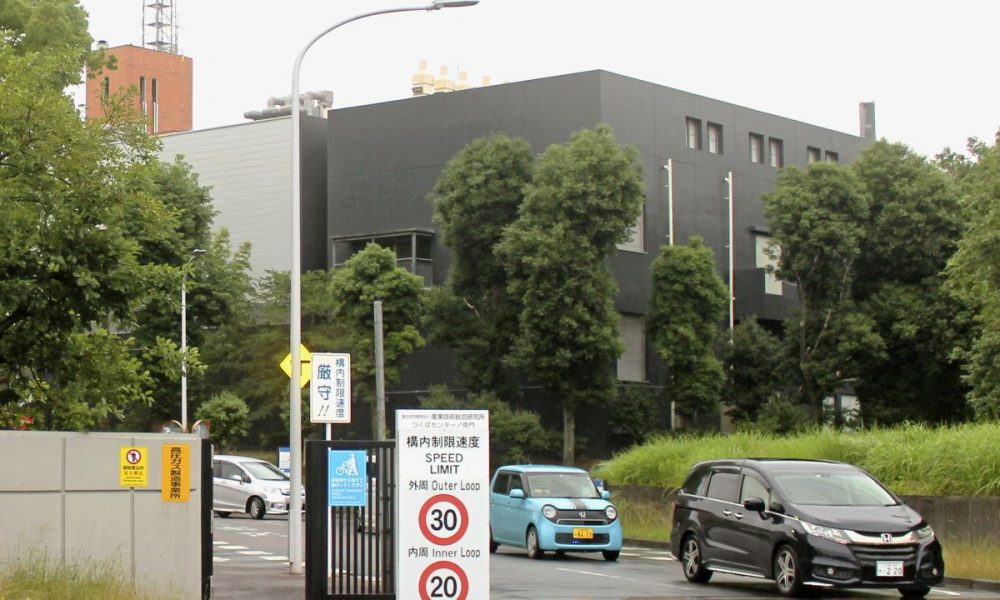
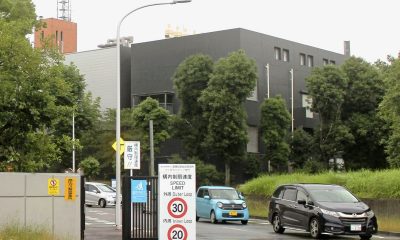

Recent technology leaks have highlighted the need for new recommendations for institutional internal management and information handling protocols in Japan.



The first of this three-part series explores how students from overseas who are studying in Japan view the G7 summit and its treatment of Taiwan and...
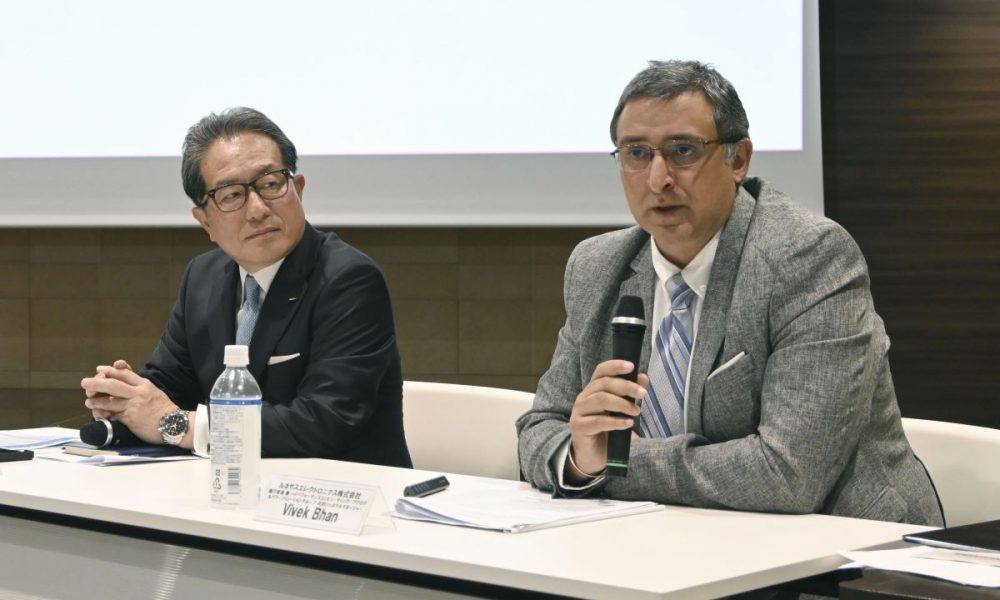
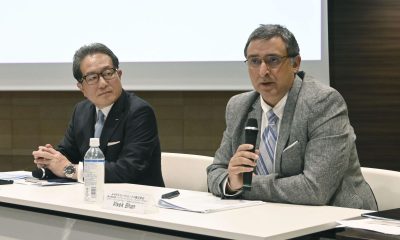

Nidec and chipmaker Renesas are developing a cutting-edge EV motor system and working toward stabilizing chip supply by internalizing the design process.
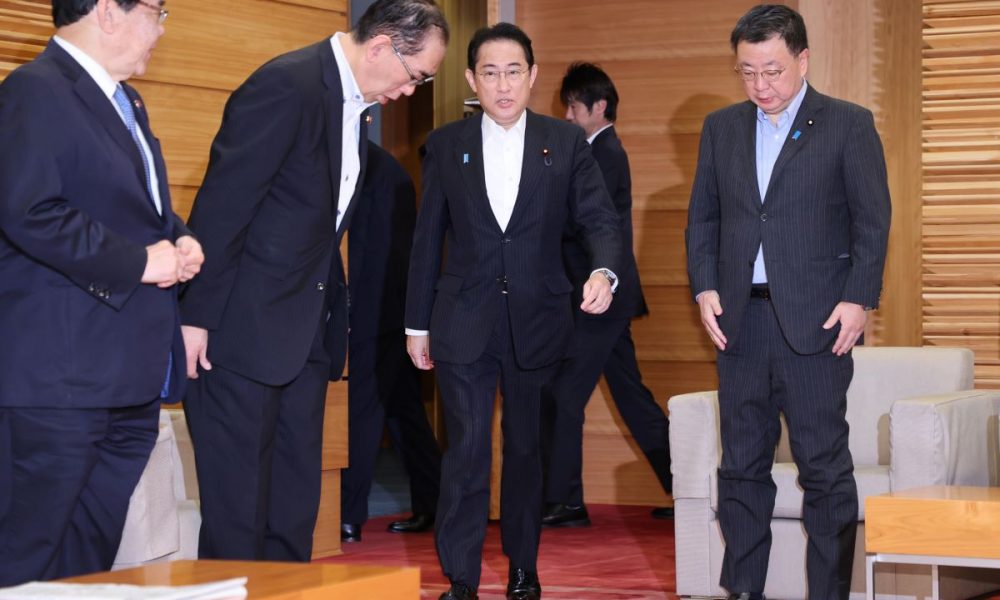
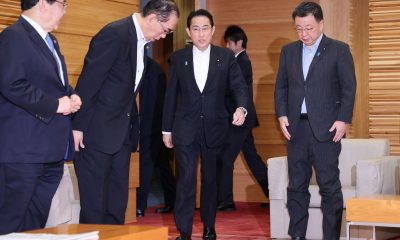

Noting the severe security environment, the draft framework policy provides a roadmap to address issues from defense and diplomacy to Japan's social safety net.